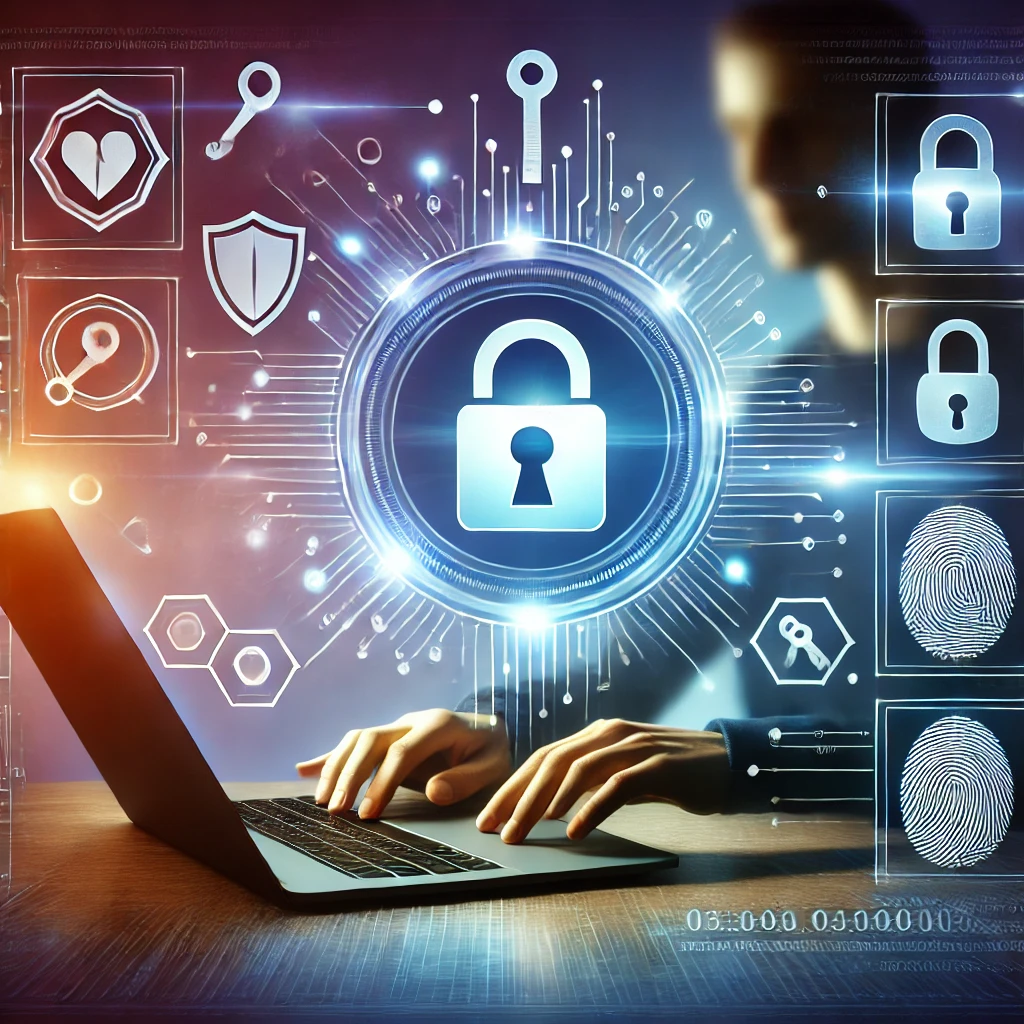
How to Secure Your Online Accounts Effectively
Why Online Security Matters More Than Ever
Let’s face it—our lives revolve around the digital world. From social media to banking, almost everything is online. But have you ever wondered how vulnerable your online accounts are? Hackers, data breaches, and phishing scams are more common than you think. If you’re not taking steps to secure your accounts, you’re leaving the door wide open for trouble.
1. Use Strong and Unique Passwords
Why Passwords Are Your First Line of Defense
Think of your password as the key to your virtual home. A weak password is like a rusty lock—it’s just begging to be broken. Use a mix of uppercase, lowercase, numbers, and special characters. Avoid predictable choices like "123456" or "password." Tools like password managers can help you create and store strong passwords effortlessly.
2. Enable Two-Factor Authentication (2FA)
Adding an Extra Layer of Security
Two-factor authentication is like having a second lock on your door. Even if someone guesses your password, they’ll need a unique code sent to your phone or email. Most platforms, including social media and email providers, offer this feature. Don’t skip it—it’s a lifesaver!
3. Regularly Update Your Software
Stay Ahead of the Hackers
Updates aren’t just about new features; they often fix security vulnerabilities. Whether it’s your smartphone, laptop, or even your favorite apps, keeping them up-to-date ensures you’re protected against the latest threats.
4. Beware of Phishing Scams
How to Spot the Red Flags
Ever received an email that looks like it’s from your bank but feels off? That’s phishing! Scammers try to trick you into sharing sensitive information. Always verify the sender’s email address and avoid clicking on suspicious links. Remember, if it seems too good to be true, it probably is.
5. Use a Virtual Private Network (VPN)
Keeping Your Online Activities Private
A VPN encrypts your internet connection, making it harder for hackers to spy on you. Whether you’re browsing on public Wi-Fi or accessing sensitive accounts, a VPN is a must-have. If you’re new to this, check out a beginner’s guide to using VPNs to get started.
6. Monitor Your Accounts Regularly
Stay Alert to Unusual Activity
Make it a habit to check your accounts for unauthorized logins or transactions. Set up account alerts to receive notifications about suspicious activity. Early detection can save you a lot of trouble.
7. Protect Your Devices
Tips to Secure Your Smartphone and Laptop
Your devices are gateways to your online accounts. Use antivirus software, avoid downloading free apps from untrusted sources, and always lock your devices when not in use. These small steps go a long way in protecting your personal data.
8. Optimize Password Recovery Options
Keep Your Backup Secure
Ensure your recovery email and phone number are up-to-date. Avoid using security questions with answers that can be easily guessed or found online. Choose recovery options that are as secure as your primary account settings.
9. Educate Yourself and Others
Knowledge Is Power
Staying informed about the latest cybersecurity threats can help you avoid falling victim to them. Share what you learn with friends and family to create a safer online community.
10. Leverage AI Tools to Boost Productivity
Work Smarter, Not Harder
AI tools can automate mundane tasks, allowing you to focus on what matters most. Whether you’re managing your accounts or working on projects, these tools can enhance your efficiency. Just ensure they come from reputable sources to avoid data breaches.
Conclusion
Securing your online accounts isn’t rocket science, but it does require consistent effort. From using strong passwords to leveraging AI tools and VPNs, every step counts. Remember, the digital world can be both exciting and risky. By following these tips, you can enjoy the benefits of being online without compromising your security.